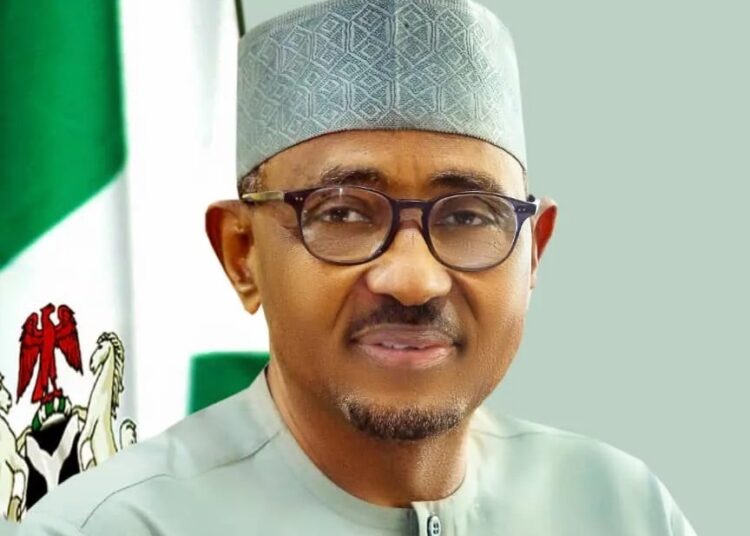Protesters from the Situation Room for Oil Sector Reforms staged demonstrations on Monday at the offices of the Attorney-General of the Federation, the Independent Corrupt Practices and Other Related Offences Commission (ICPC), and the Code of Conduct Bureau (CCB) in Abuja, demanding the immediate resignation of Engr. Farouk Ahmed, Chief Executive Officer of the Nigerian Midstream and Downstream Petroleum Regulatory Authority (NMDPRA).
Led by convener Dan Okwa, the demonstrators accused Ahmed of allegedly misusing his position for personal gain. They described his conduct as unethical and called for him to be held accountable.
Their demands include Ahmed’s immediate suspension, a joint investigation by relevant anti-corruption agencies, access to his financial records, and full legal action including asset recovery if he is found guilty.
“The allegations are serious,” said the group. “Leaving him in office while investigations are ongoing could compromise the process—he might alter documents, pressure staff, or hinder the investigation. Suspension is the only responsible step.”
They urged the EFCC, ICPC, and CCB to carry out a joint probe, emphasizing that the agencies must not work in silos. The protesters also called for a review of Ahmed’s asset declarations, foreign exchange transactions for overseas tuition payments, and regulatory decisions during his tenure. A forensic audit of company licenses allegedly linked to his family was also requested.
Additionally, they demanded a subpoena of all financial and educational records related to Ahmed’s children studying abroad. They insisted that tuition fees, housing costs, travel expenses, and banking transactions be scrutinized to determine whether public funds were involved.
“If any wrongdoing is confirmed, we demand full prosecution and recovery of stolen assets. Any properties, accounts, or investments acquired through illicit means must be confiscated,” they added. “The law must be enforced without compromise—no backdoor settlements or lenient treatment.”
The group also called for sweeping reforms within the NMDPRA, arguing that the scandal indicates systemic corruption. They advocated for a complete operational audit, transparent procurement processes, digital tracking of regulatory actions, and thorough vetting of appointments.
They pledged to sustain the protests until accountability is achieved and meaningful reforms are implemented to prevent similar abuses within the agency.
CREDIT: DAILY POST
